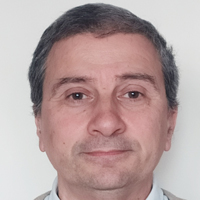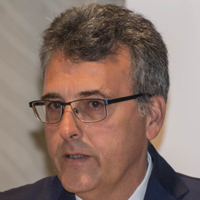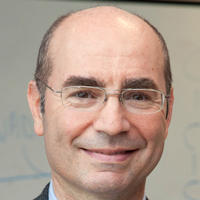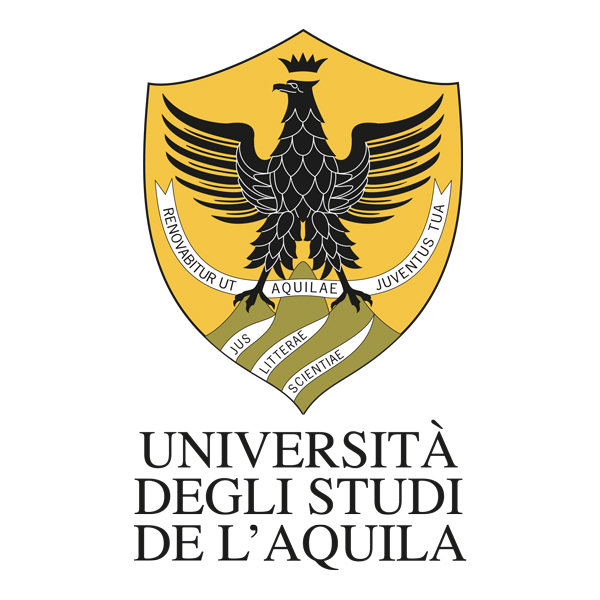Welcome
The oxygen-, nitrogen- and sulfur-containing reactive species (respectively known as ROS, RNS and RSS) are subject to a tuned control in normal cells and tissues, where they play a role in the maintenance of redox homeostasis. An unbalance in these reactive species is a fingerprint of several diseases, including chronic infections, inflammatory disorders, vascular failure, neurodegeneration and cancer.
Biological activity of antioxidant molecules is crucial to counteract the overflow of reactive species in response to pro-oxidant insults; however, recent findings highlighted the Janus-faced properties of both free radicals and antioxidants, owing to the complexity of the cellular machinery involved in the response to oxidative stress.
The upgrade from in vitro studies to potential therapeutic applications of natural or synthetic antioxidants proved not to be straightforward, due to several aspects ranging from inefficient delivery and assimilation to paradoxical effects, revealing how challenging pharmacological recovery from an unbalanced redox homeostasis can be.
Deepening our knowledge on the molecular mechanisms underlying the modulation of ROS, RNS and RSS bioavailability, their crosstalk and interaction with antioxidant compounds is key to figure out how to sustain and possibly enhance the cell response to redox unbalance.
Finally, the identification of the key players in cell redox pathways and of new biological markers of oxidative stress is paramount to develop innovative diagnostic tools or pharmacological interventions against pathological conditions associated to persistent oxidative stress, with a view of criticism toward current trends of massive antioxidant consumption.
These topics will be addressed in a series of webinars where scientists actively working in the field will have the opportunity to share their recent research progresses.
UPCOMING SEMINAR
Aberrant redox responses in neurodevelopmental conditions: the case of autism and Rett Syndrome
16 December 2021
Giuseppe Valacchi
(University of Ferrara, Italy)
Michael Müller
(University Medical Center Göttingen, Germany)
Alessandra Pecorelli
(North Carolina State University, Kannapolis, NC, USA)





